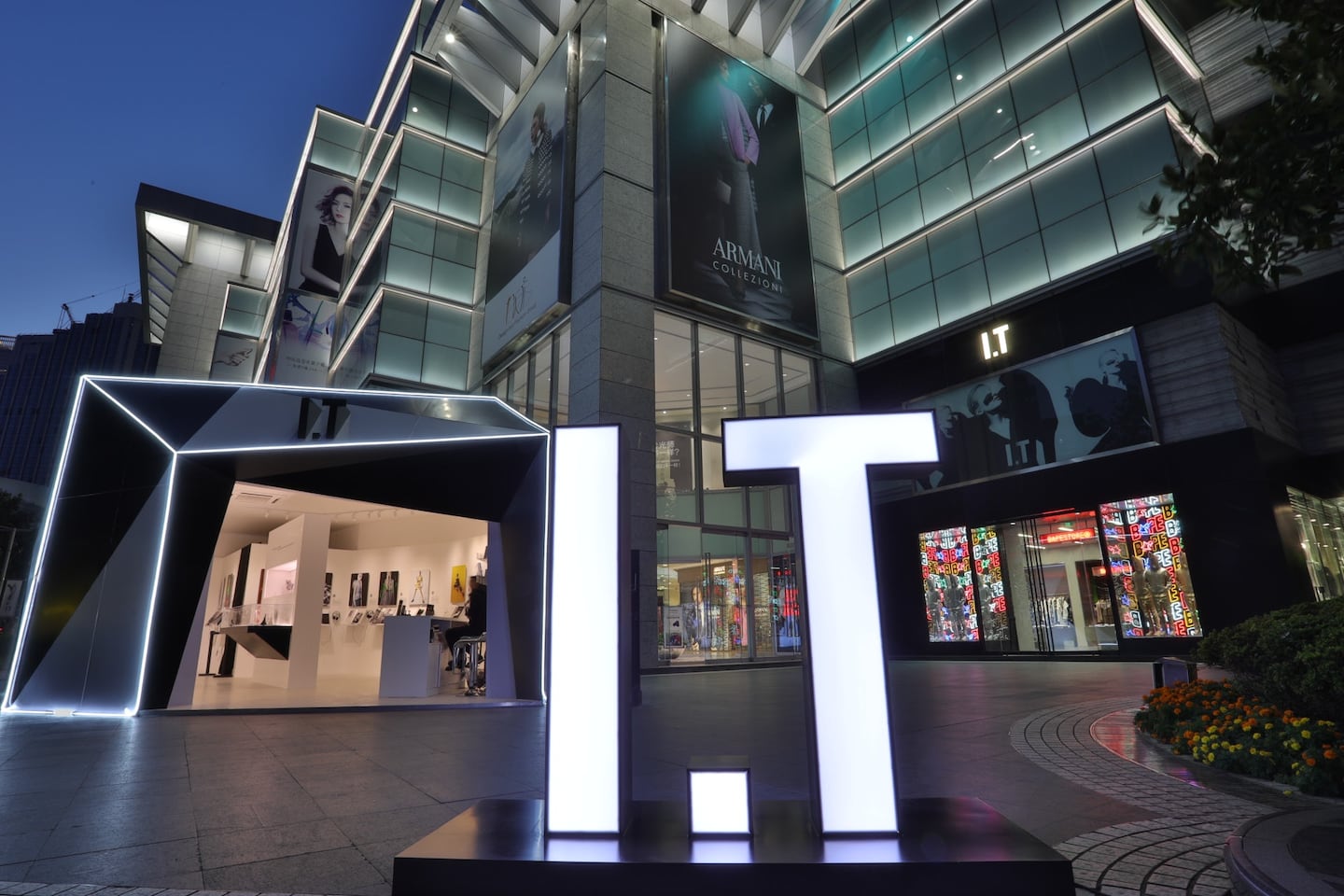
The Business of Fashion
Agenda-setting intelligence, analysis and advice for the global fashion community.

Agenda-setting intelligence, analysis and advice for the global fashion community.

Pioneering Hong Kong-based multibrand retailer, I.T. Group, has today announced the completion of its delisting from the Hong Kong stock exchange.
The delisting of the group follows shareholder approval of the offer to privatise I.T by company founder Sham Kar Wai’s Brooklyn Investment Limited, in partnership with private equity and investment advisory firm, CVC Capital Partners, for $168 million, or the equivalent of $3 per share.
On April 16, disinterested shareholders holding over 99.99 percent of scheme shares voted in favour of the proposed privatisation and final payments to shareholders is due to be completed by May 7.
I.T. Group partners with international retailers such as Dover Street Market and Galeries Lafayette in China, as well as operating its own multibrand retail chain and own brands, including A Bathing Ape (BAPE), the streetwear brand it acquired a decade ago,
ADVERTISEMENT
The newly privatised company will be split into two entities, with the BAPE business to be split off from the main I.T. business and CVC Capital Partners to take a minority shareholding in BAPE.
“The support that the privatisation received from our shareholders has been very encouraging,” Sham Kar Wai said. “This is an important milestone as we undertake a long-term transformation of our businesses.”
Though I.T. has been trying to shift its focus online in recent years, that pivot hasn’t been enough to make up for revenue lost to its physical store network in China, the most developed e-commerce market in the world.
Simultaneously, its exposure in Hong Kong has placed I.T. under pressure as retail sales there have fallen relentlessly since the outbreak of protests in 2019, followed in quick succession by the Covid-19 pandemic. In the six-month period to August 31, 2020, the company’s turnover declined 32 percent.
With consumers tightening their belts in China, the battle between global fast fashion brands and local high street giants has intensified.
Investors are bracing for a steep slowdown in luxury sales when luxury companies report their first quarter results, reflecting lacklustre Chinese demand.
The French beauty giant’s two latest deals are part of a wider M&A push by global players to capture a larger slice of the China market, targeting buzzy high-end brands that offer products with distinctive Chinese elements.
Post-Covid spend by US tourists in Europe has surged past 2019 levels. Chinese travellers, by contrast, have largely favoured domestic and regional destinations like Hong Kong, Singapore and Japan.